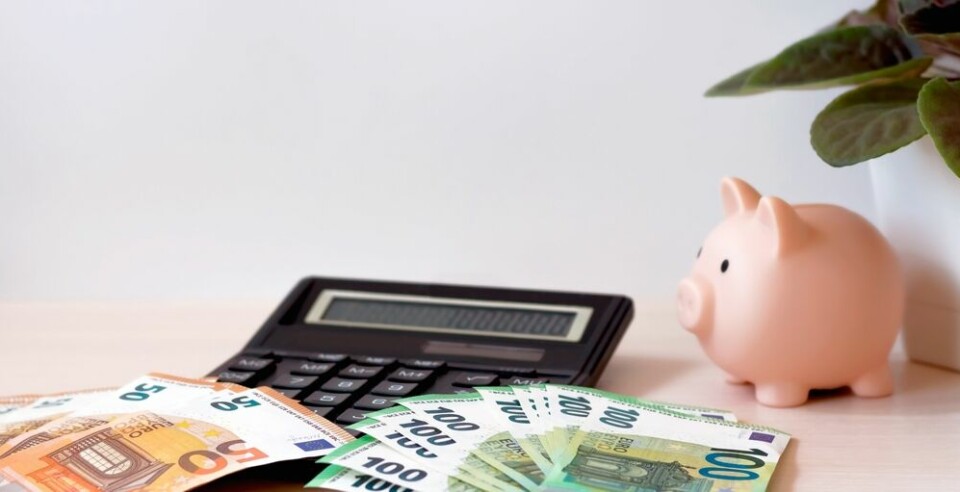-
Do roof repairs need to be declared to French tax authorities?
Repairs do not usually require planning authorisation to be issued
-
Burglaries: the French cities and towns most - and least - affected
New official stats have been released with significant geographical differences
-
French energy vouchers: 2025 date confirmed – and it is much later than usual
Five million people are eligible for the physical voucher, which can be up to €277
When are property sales in France free from capital gains tax?
Exemptions come with certain conditions - we give six examples

The sale of a main home in France is exempt from French capital gains tax (CGT) and social charges on any resulting capital gain – but there are conditions attached. We explain and give five other situations where exemption applies:
1. Selling your main home: This applies even if it has only been your main home for a short time. In such a case, officials look at factors such as your use of utilities there and whether or not another property was available to you.
You can also benefit if you sell shortly after moving away within a ‘reasonable time’, typically a year. There can also be some flexibility, eg. if the property market was in a slump, leading to difficulties in selling the property.
Where a property is sold due to separation or divorce, it can be sold as having been the main home of both parties during the relationship even where one has moved out, as long as it is sold within a ‘reasonable’ time of being put on sale.
If you own more than one property, there is no choice as to which is your ‘main’ home: it is the one where you live habitually, for most of the time, and notified as such for taxe d’habitation.
If you sell your former main home after moving abroad to an EU country or a country which has signed an anti-fraud agreement with France, such as the UK, you can still benefit if you sell it by the end of the year after the move.
A separate rule offers exemption until the end of the fifth year after the year of moving for capital gains up to €150,000 on the sale of a French property by a former resident who moves abroad. However, you must be an EU or EEA citizen to benefit from this.
Read more:What are the tax implications of selling a second home in France?
2. The former main home of an elderly person who is now living in a care home. The sale must be within two years of the person moving out, and the exemption is conditional on their means. In 2022, this was a revenu fiscal de référence for 2020 of less than €26,149 per family quotient part (a single person has one part, or one-and-a-half if registered disabled). The home must not have been rented out or used by anyone other than a member of the person’s tax household.
3. Properties in general belonging to state pensioners and registered disabled people who are below certain ‘modest’ income limits and not subject to wealth tax.
4. A garage sold at the same time as the main home if it is within a kilometre distance of it.
5. Sale of a second home or investment property if you have not owned a main home in the last four years (including partial ownership such as via usufruit or nue-propriété). The money must be used within two years to buy one.
6. After 22 years of ownership of a second home there is no CGT. There are no social charges due after 30 years.
Related articles:
Capital release: start-up firm offers ways for French property owners
Should I declare capital gain in France from selling overseas home?
French tax declaration: Are there capital gain abatements for shares?
























